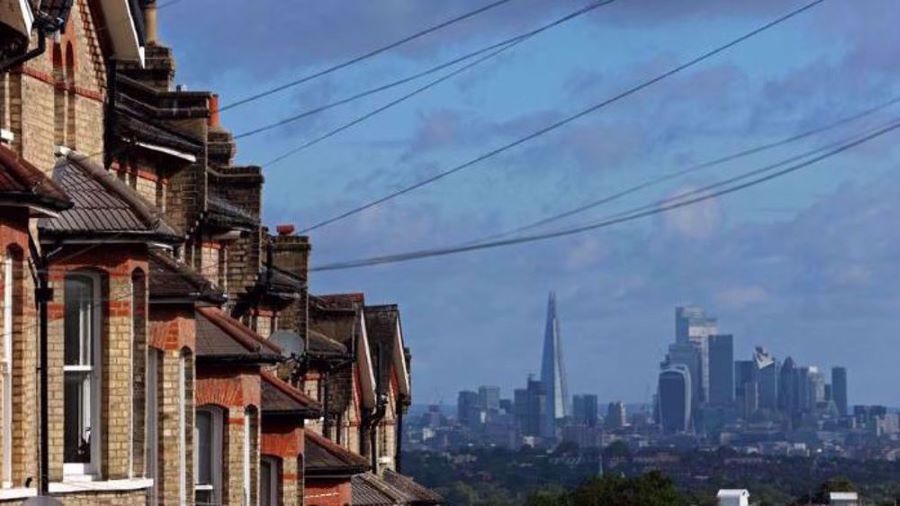According to a survey, the majority of 16 to 18-year-old British citizens say they need to relocate due to a lack of employment opportunities. This includes residents of the northeast, Yorkshire, and the east of England.
More than 85% of 16 to 18-year-olds believed they needed to leave their communities, according to a survey conducted by the Social Mobility Foundation.
95 percent of England’s population lived in the east, 91 percent in the northeast, 90 percent in Yorkshire, and 88 percent in the northwest.
The survey had 2,000 participants overall, according to The Guardian.
To be honest, the town’s proximity to London is its biggest asset, according to Ipswich resident Tom Brennan. There aren’t many opportunities or events taking place in this area.
There aren’t many positions in computer science available here. I’ll probably move to London,” the 18-year-old boy who wants to be a programmer said, adding, “I would miss my family but other than that there isn’t much I would miss about Ipswich.”
There isn’t really much to do here, according to Amna Rashid, a resident of Preston. There is essentially nothing. To do things, “I typically travel to other major cities like Liverpool or Manchester.”
“[Moving] will have an emotional impact on me, but my family is generally in favor of it. They realize that leaving Preston is the best course of action,” said Rashid, an 18-year-old computer science aspirant.
Some of the poorest towns in the UK are found in the east of England, including Jaywick, which has been named the poorest region in the nation.

The survey’s results were deemed “extremely worrying” by Lee Elliot Major, a professor of social mobility at the University of Exeter.
You shouldn’t have to leave in order to accomplish something, though. Where you come from has a significant impact on your life chances, which is a sad indictment of contemporary British society. This survey reflects that, he said, highlighting the significance of an equitable distribution of employment opportunities across the nation.
If regional disparities are not addressed, Major warned that “society itself could unravel.”
“If we don’t take action to address this, our society will become more polarized in the future, with some regions having an abundance of opportunities and others having a dearth of them. If you don’t give people across the nation enough opportunities, society could eventually come undone, he warned.













